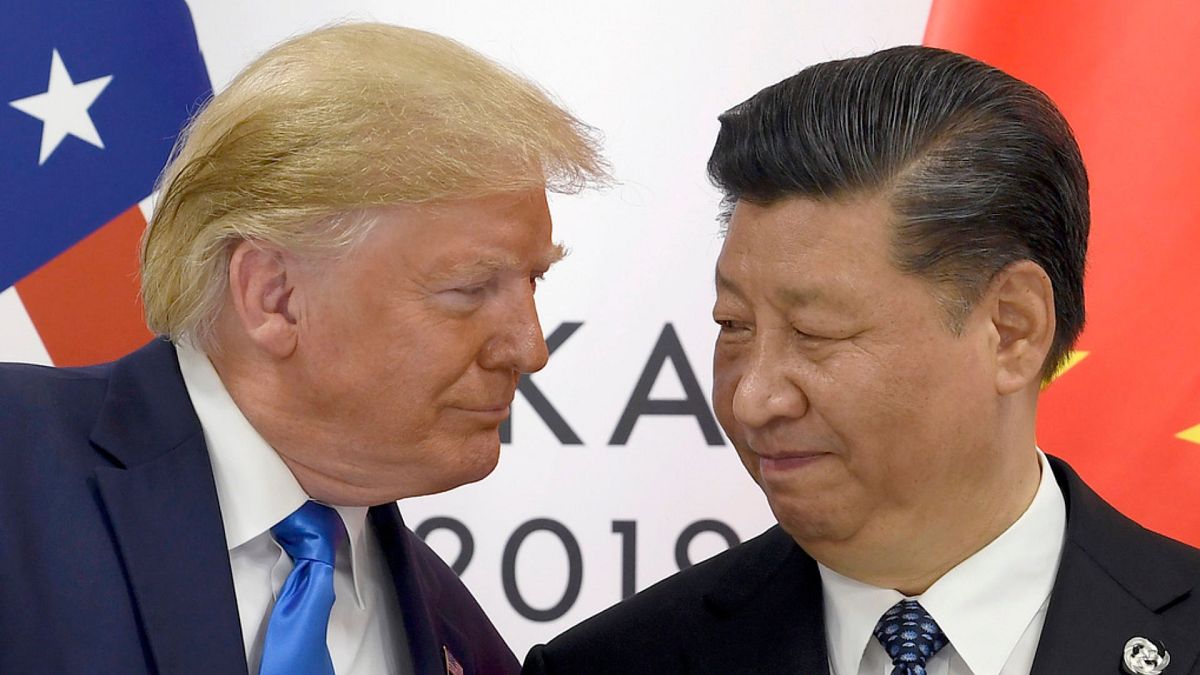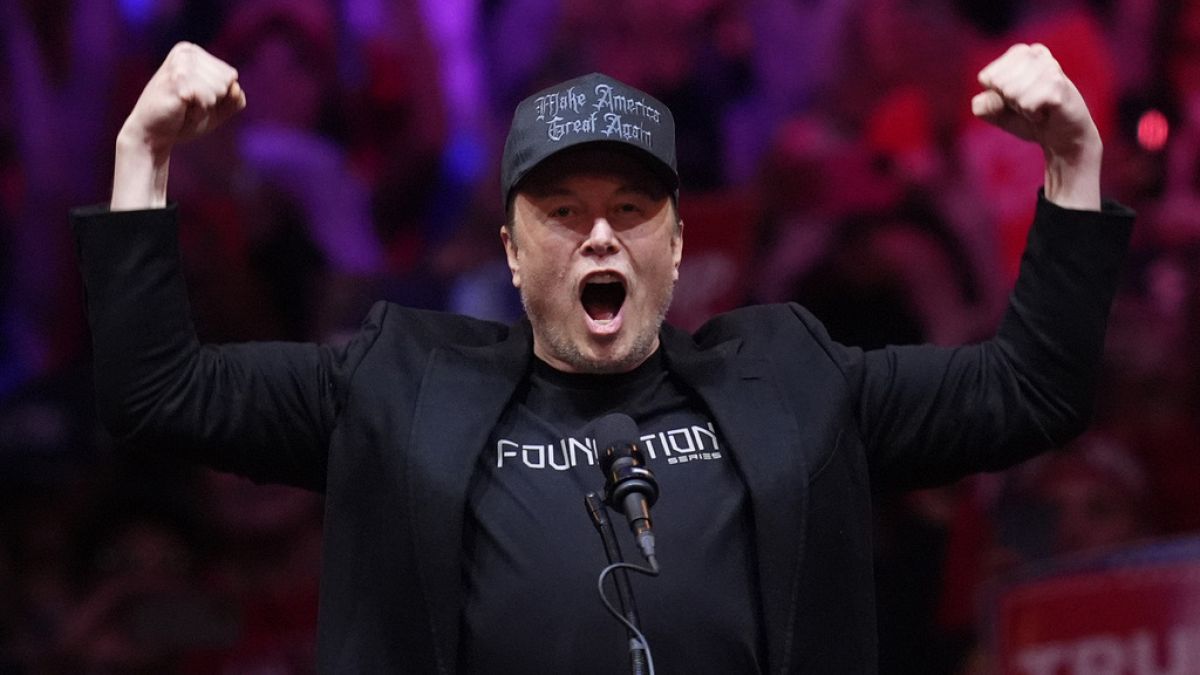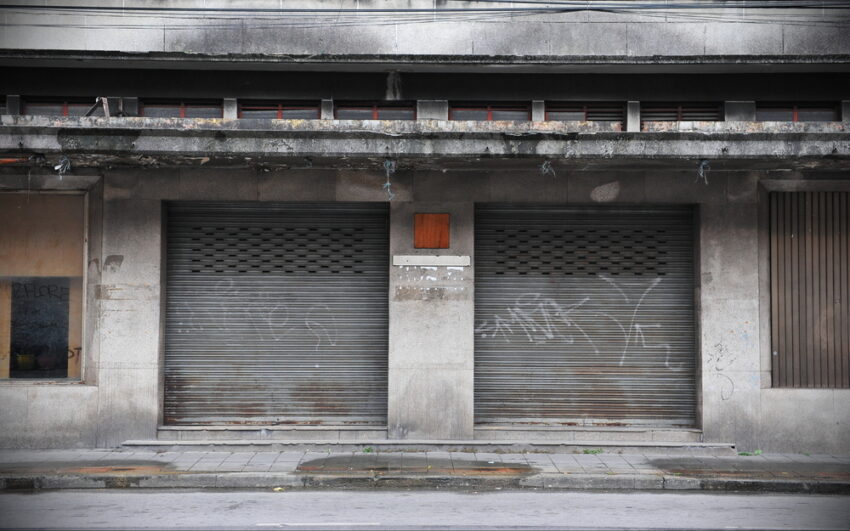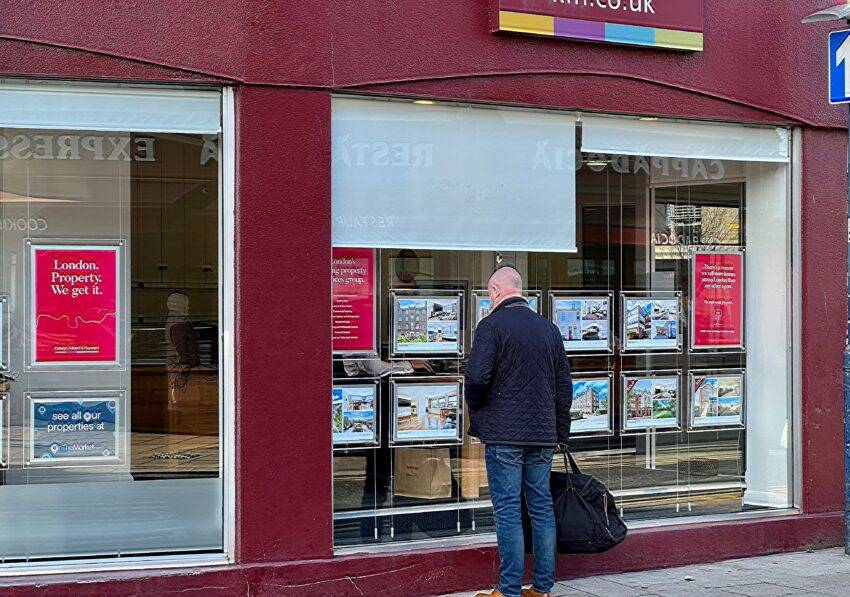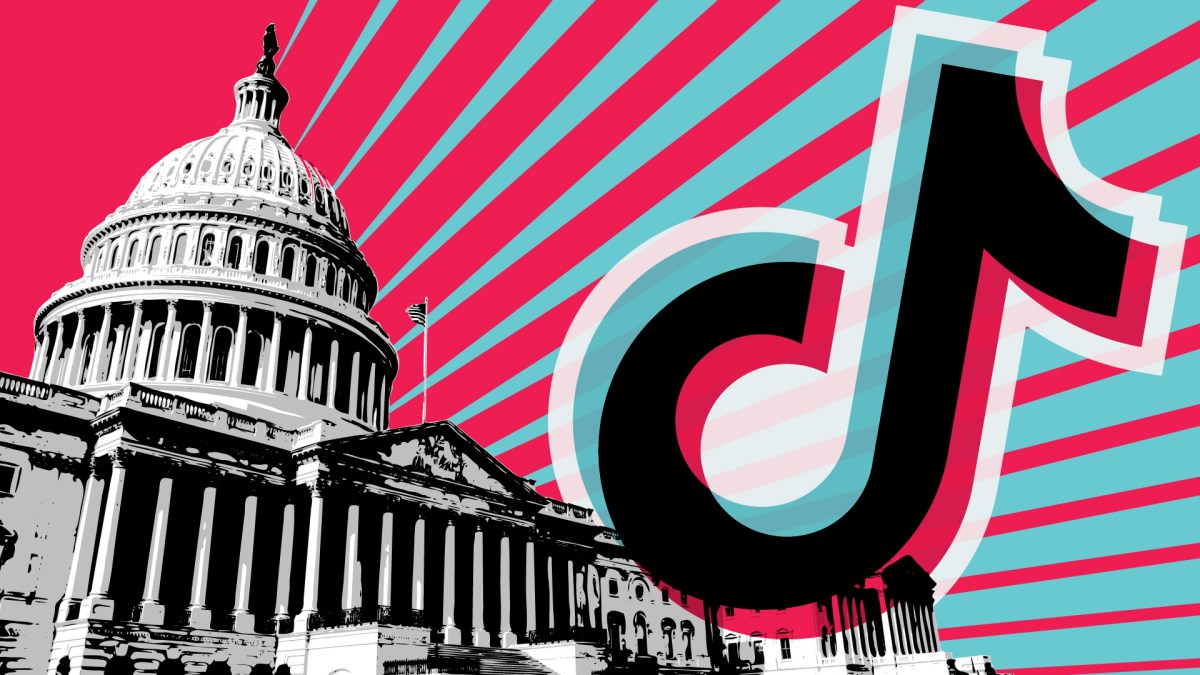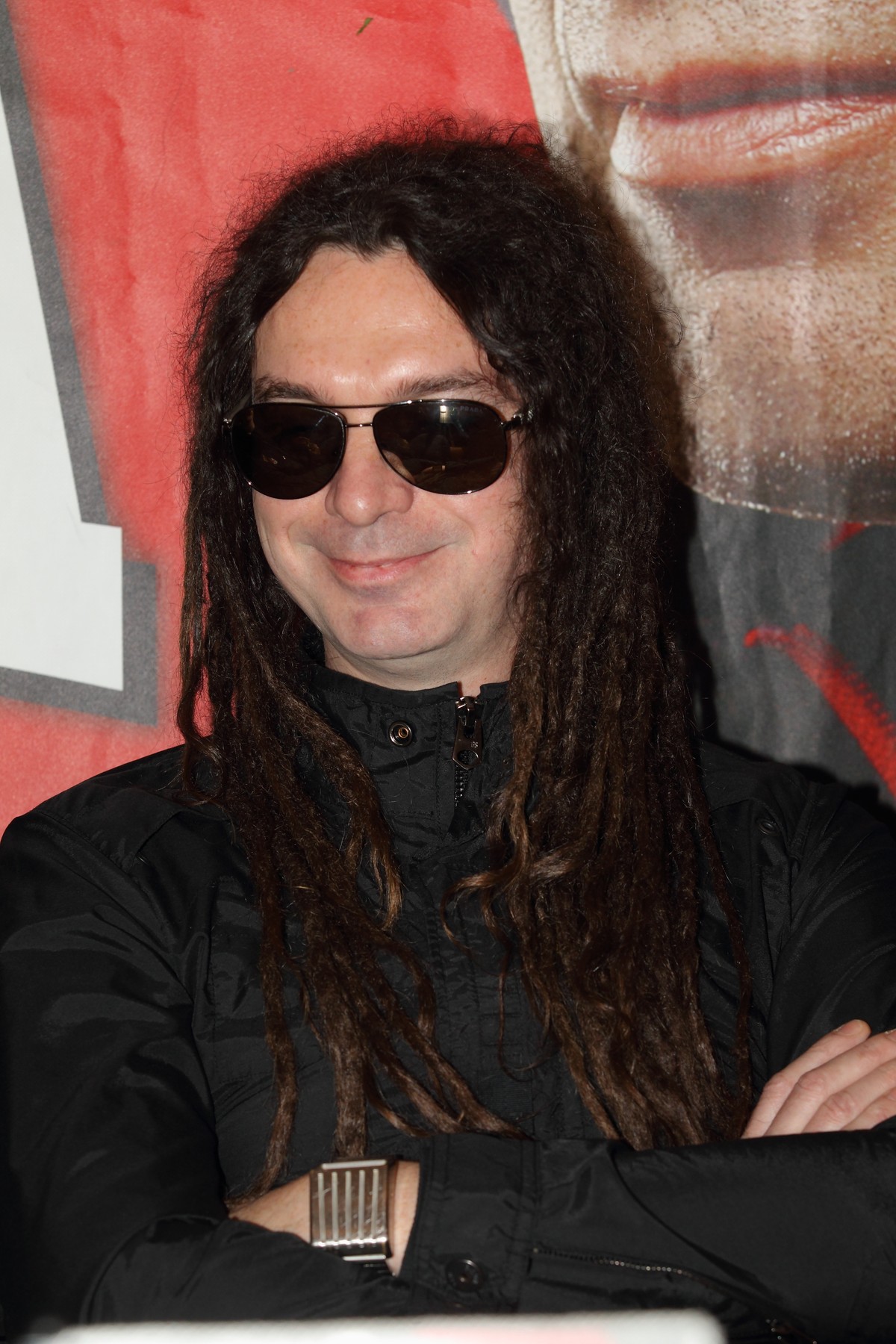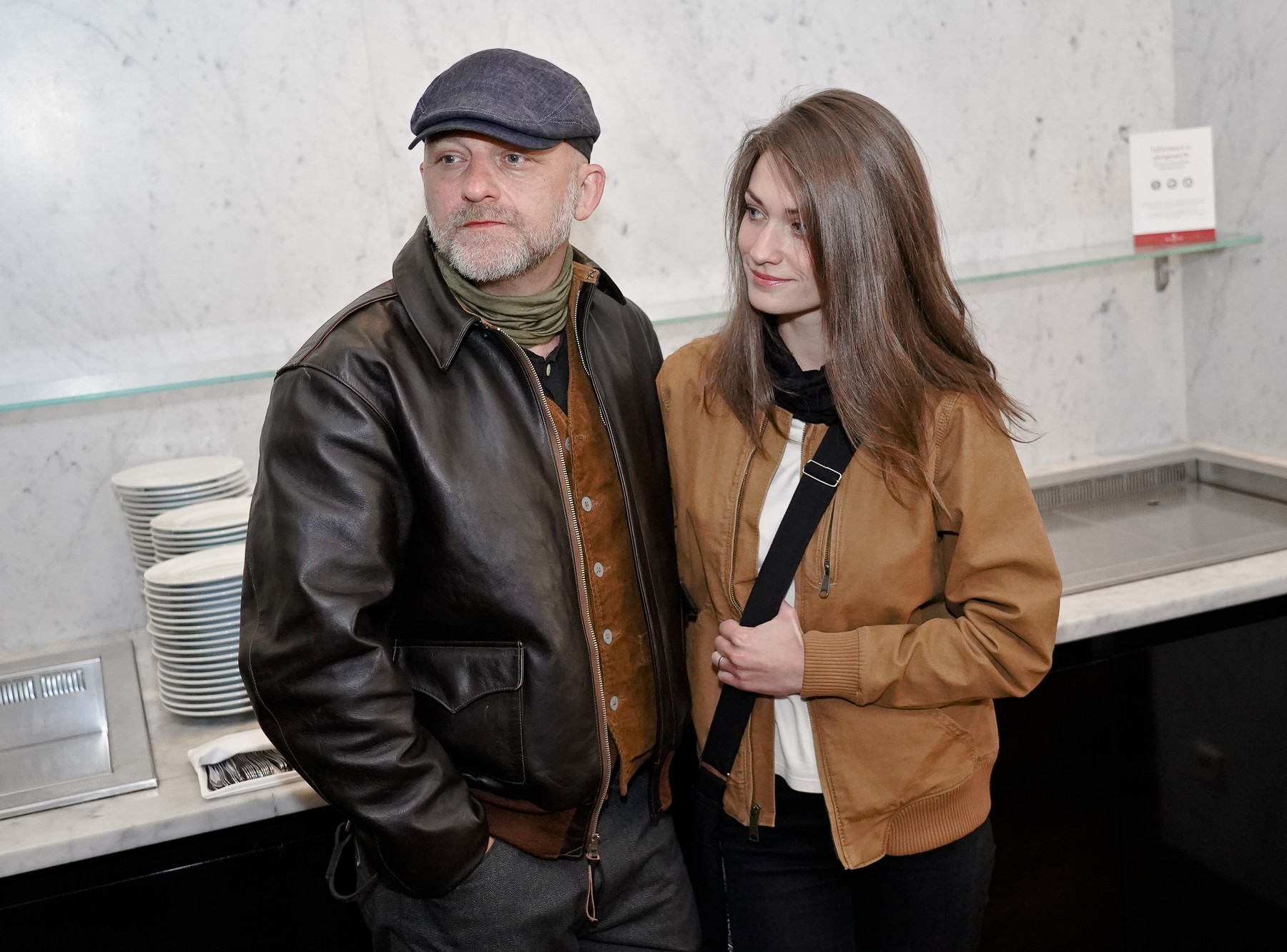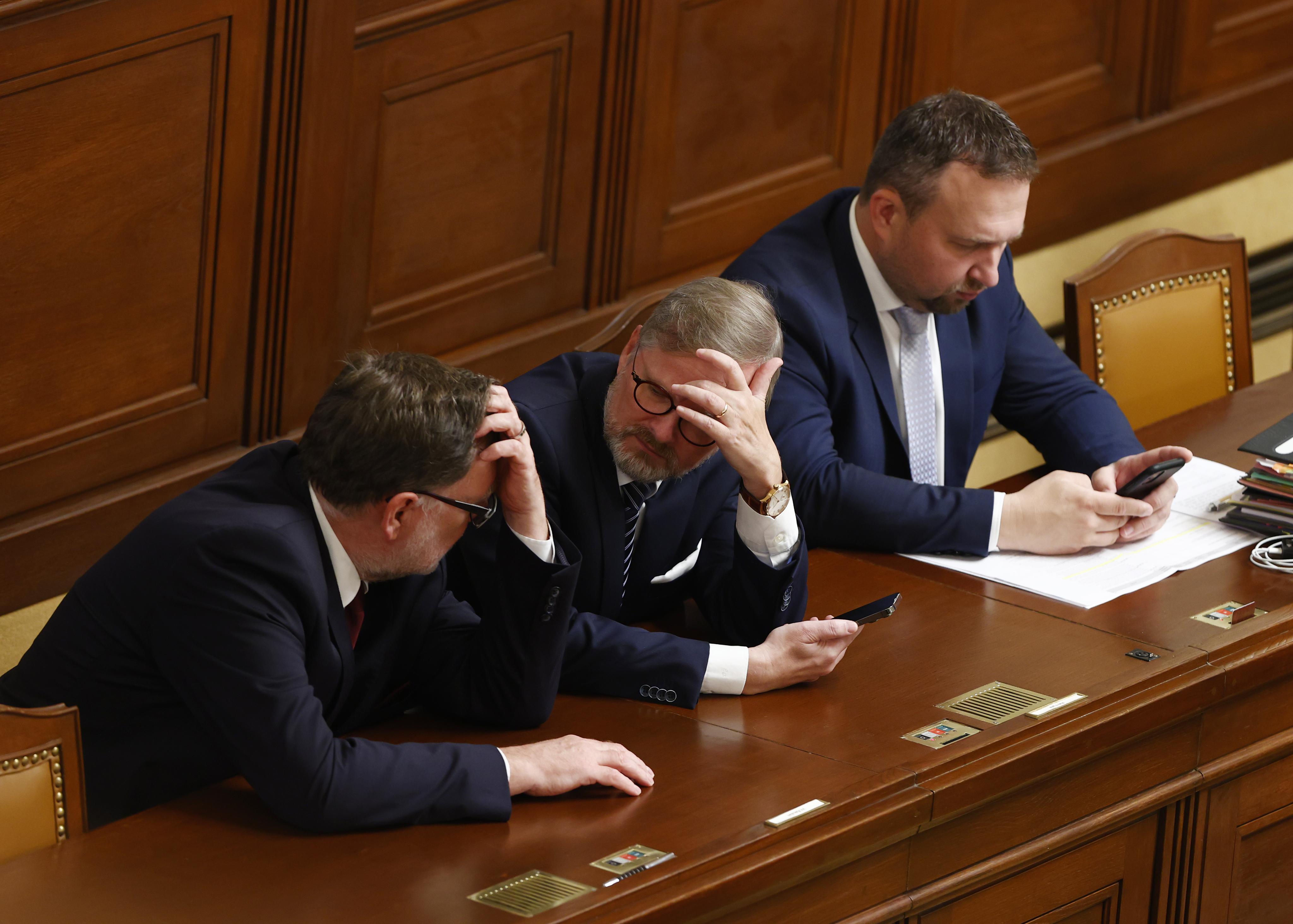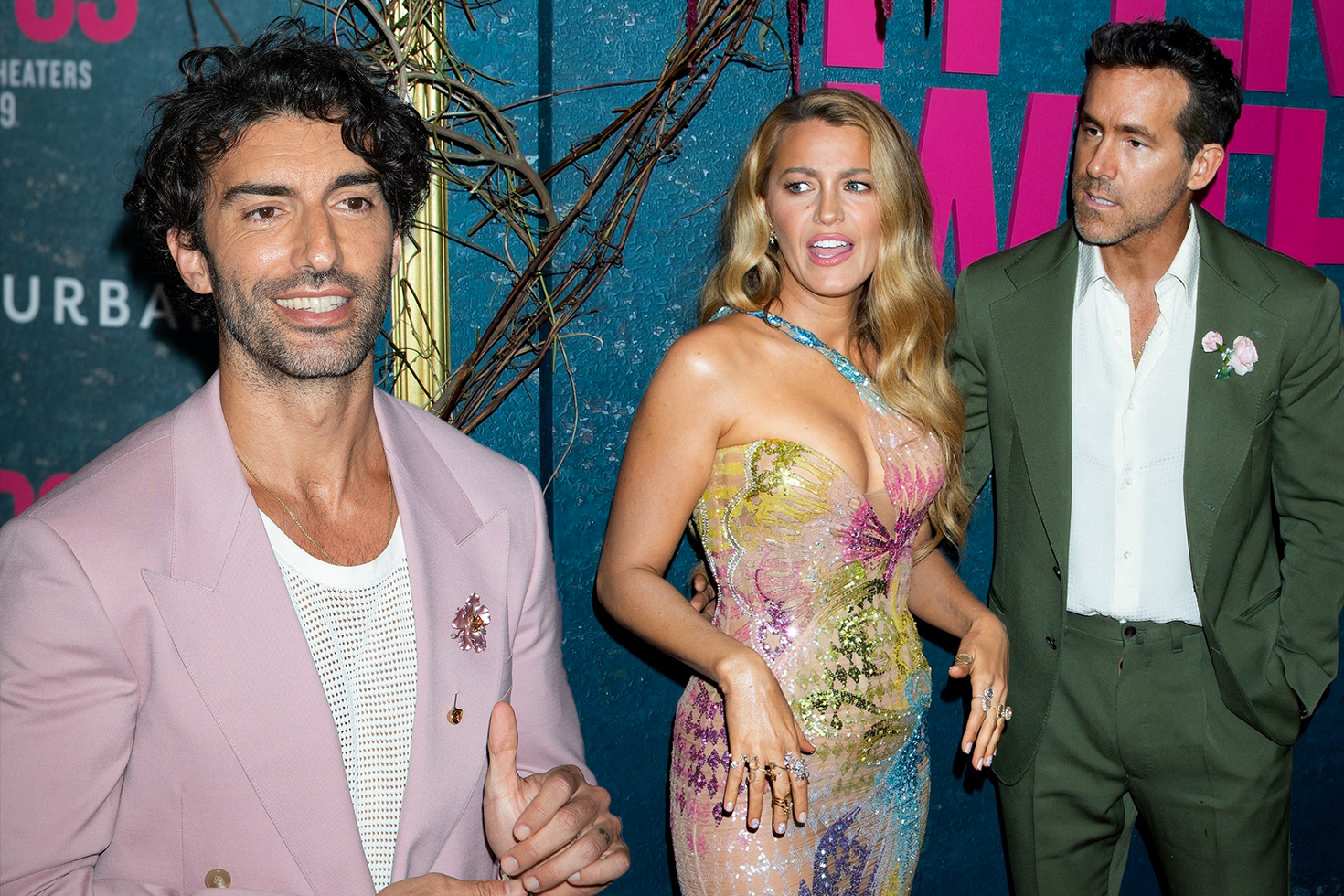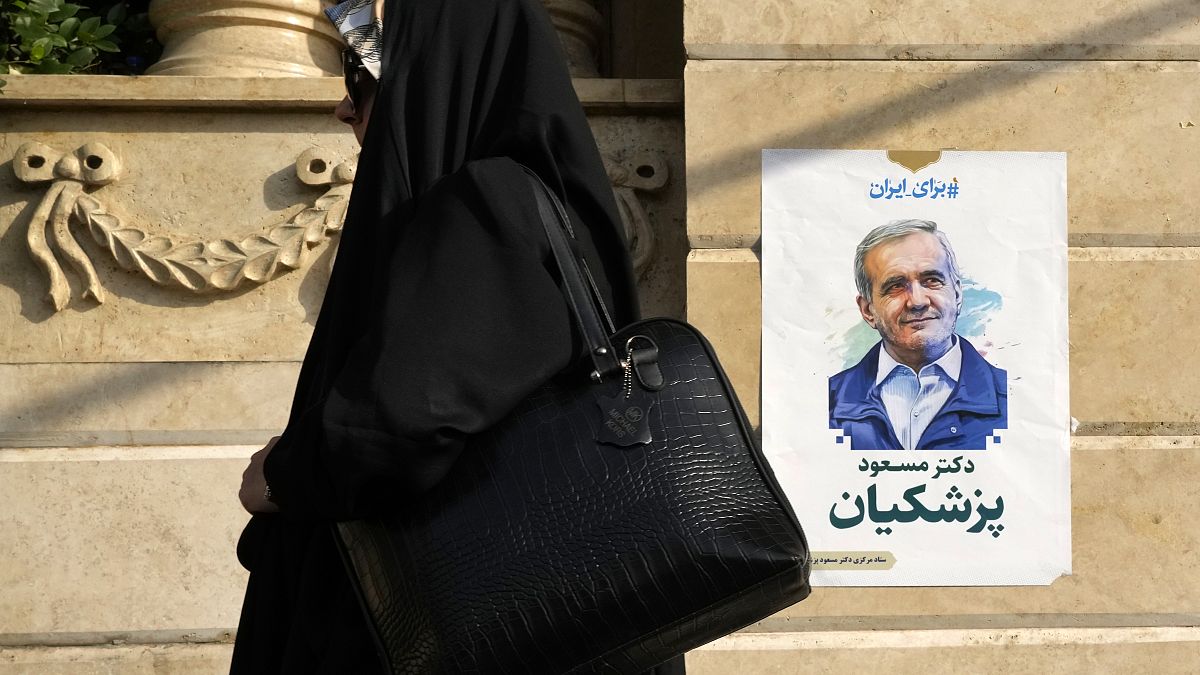Mark Rutte
Dreamer No. 1 — Germany
There was a time in Mark Rutte’s life when going to bed meant dreaming of balanced budgets and perhaps a bucolic windmill. These days, the only thing the former Dutch prime minister sees when he closes his eyes is cash — unimaginably large amounts of it — which he dreams of spending on European defense.
As NATO’s new secretary-general, Rutte’s primary focus will be trying to keep Washington onboard after the reelection of Donald Trump. Given the once-and-future United States president’s obsession with NATO’s military spending targets, that means pressuring the alliance’s laggards to catch up.
The new reality has obliged the Dutchman to take on a dramatic conversion. As prime minister, Rutte was the European Union’s foremost evangelist of the gospel of frugality. His new job has him preaching extravagance when it comes to military expenditure. It’s a rare week that goes by without Rutte, 57, appearing in a European capital to harangue leaders whose countries haven’t met NATO’s goals of spending more than 2 percent of their national gross domestic product on defense.
Money, however, will be only one of Rutte’s challenges. Trump’s destabilizing first term and Russian President Vladimir Putin’s belligerence have already spurred many countries to fall in line. This year, 23 of the alliance’s 32 members are expected to hit the spending target, compared with the three that were in compliance when it was instituted in 2014. Rutte’s parsimoniousness, incidentally, extended to the military; it was only after his appointment as head of NATO that the Netherlands delivered on its spending promise.
Trump’s return has raised the nightmarish prospect of Europe having to stand on its own militarily. Few believe that the former reality television host will pull out of NATO as he has sometimes threatened. Not as many are sure that he can be counted on to honor the mutual defense provisions that have guaranteed European security for more than 75 years. The changing of the guard in Washington also coincides with a feeling of danger that Europe hasn’t experienced for generations. German Defense Minister Boris Pistorius has warned that Russia could attack a NATO member within five to eight years.

As Dutch prime minister, Rutte spent an astounding 14 years in the European Council, where he stood out as a centrist mediator between Paris and Berlin on money and political matters. He also served as an improbable interlocutor between northern and southern countries on migration, and joined Italy’s Giorgia Meloni in forging a 2023 deal to curb migration into the bloc from Tunisia. His bridge-building skills will be put to the challenge as he serves as the main security interlocutor between Europe and Trump’s openly “America First” administration.
Rutte also needs to strengthen bridges within Brussels, the city that hosts NATO’s headquarters. With 23 of the EU’s 27 member countries now formally part of the alliance, its secretary-general is expected to liaise with a historically peace-focused political bloc that is suddenly interested in military defense.
In the past there has been little contact between the NATO campus on the outskirts of Brussels and the Eurocrats clustered around the city’s central Schuman Roundabout, but European Commission President Ursula von der Leyen and the bloc’s first defense commissioner, Andrius Kubilius, appear keen to work with Rutte to change the status quo. During his confirmation hearing in November, the former Lithuanian prime minister told the European Parliament that there would be no “competition” between him and Rutte and that he would work to ensure that the EU does its part to raise the money needed to expand the bloc’s military capabilities.
Rutte has a reputation for keeping a cool head and famously balanced his long and sometimes tumultuous tenure as prime minister with a side gig as a sociology teacher at a Dutch high school. His new role is the sort that can easily keep one up at night — sleepless hours sure to be used trying to make sure robust European military spending doesn’t just stay a dream.
Check out the full POLITICO 28: Class of 2025, and read the Letter from the Editors for an explanation of the thinking behind the ranking.

What's Your Reaction?








